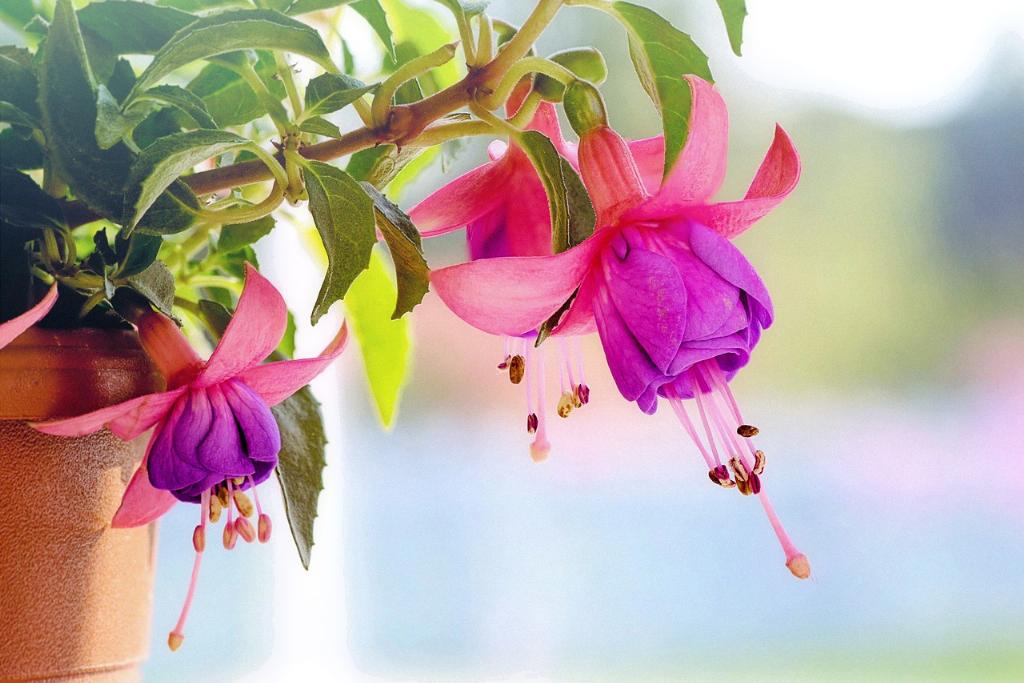When considering the question of how a garden helps with sustainability, it’s important to recognize the significant impact that gardening can have on both the environment and our daily lives. By cultivating a sustainable garden, individuals can contribute to various aspects of sustainability that go beyond simply growing plants.
Reducing Energy Consumption
One of the key ways in which a garden aids in sustainability is by reducing energy consumption. By planting native shade trees around your home, you can provide natural cooling in the summer and insulation in the winter, ultimately lowering your reliance on artificial heating and air conditioning systems.
Environmental Education
Another crucial aspect of gardening for sustainability is environmental education. By involving children in gardening activities, parents can teach them about the importance of environmental conservation and being mindful of their impact on the planet. This hands-on experience can instill valuable lessons about sustainability from a young age.
Minimizing Food Waste
Gardens also play a significant role in minimizing food waste through composting. By composting organic waste from your garden and kitchen, you can create nutrient-rich soil that can be used to enhance the health and fertility of your garden. This practice not only reduces waste sent to landfills but also promotes a circular approach to gardening.
Promoting Biodiversity
Sustainable gardens contribute to biodiversity conservation by providing a habitat for a diverse range of plant species, insects, and other wildlife. By fostering a healthy ecosystem in your garden, you can support pollinators, birds, and beneficial insects that play vital roles in ecological balance and food production.
Conserving Water
Gardens can aid in water conservation by implementing strategies such as rainwater harvesting, drip irrigation, and water-efficient planting techniques. By maximizing water efficiency in your garden, you can reduce water consumption and minimize the strain on local water resources, especially in regions prone to drought.
Enhancing Air Quality
Plants in gardens act as natural air purifiers, absorbing carbon dioxide and releasing oxygen during photosynthesis. By cultivating a diverse array of plants in your garden, you can help improve air quality in your immediate surroundings and mitigate the impacts of air pollution, ultimately fostering a healthier living environment.
Promoting Sustainable Practices
Through gardening, individuals can actively engage in sustainable practices such as organic gardening, companion planting, and natural pest control methods. These practices not only benefit the environment by reducing chemical inputs but also demonstrate alternative approaches to gardening that prioritize ecological balance and long-term sustainability.
Creating Green Spaces
Gardens contribute to the creation of green spaces in urban and suburban areas, providing essential habitats for wildlife and opportunities for relaxation and recreation. Green spaces play a critical role in enhancing urban biodiversity, reducing urban heat island effects, and promoting mental health and well-being among residents.
Supporting Local Food Production
By growing your own food in a garden, you can support local food production and reduce the carbon footprint associated with long-distance food transportation. Homegrown fruits, vegetables, and herbs not only taste fresher but also help minimize packaging waste and promote a more sustainable food system.
Fostering Community Engagement
Gardens have the power to foster community engagement and social connections among neighbors, schools, and local organizations. Community gardens, in particular, provide spaces for shared learning, skill-building, and cooperation, strengthening social ties and promoting a sense of collective responsibility towards sustainability.
Embracing a Sustainable Lifestyle
Ultimately, cultivating a garden for sustainability is a holistic endeavor that goes beyond mere plant cultivation. It embodies a commitment to living in harmony with nature, conserving resources, and promoting a more sustainable and resilient way of life. By embracing gardening as a sustainable practice, individuals can make tangible contributions to environmental protection and foster a deeper connection to the natural world.

